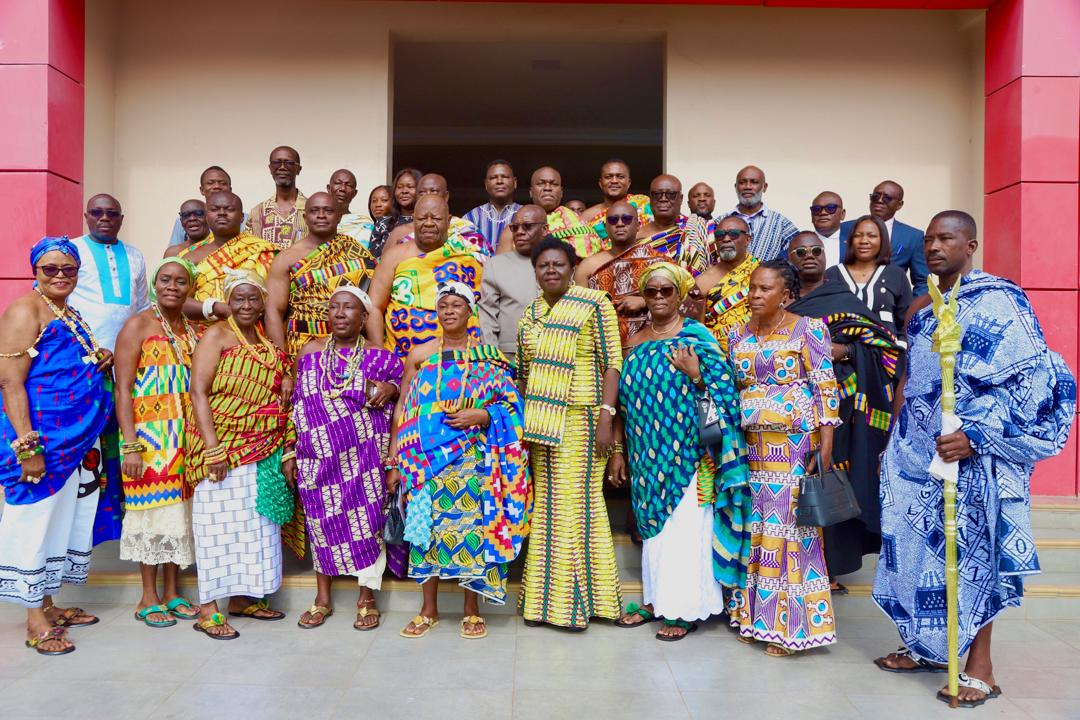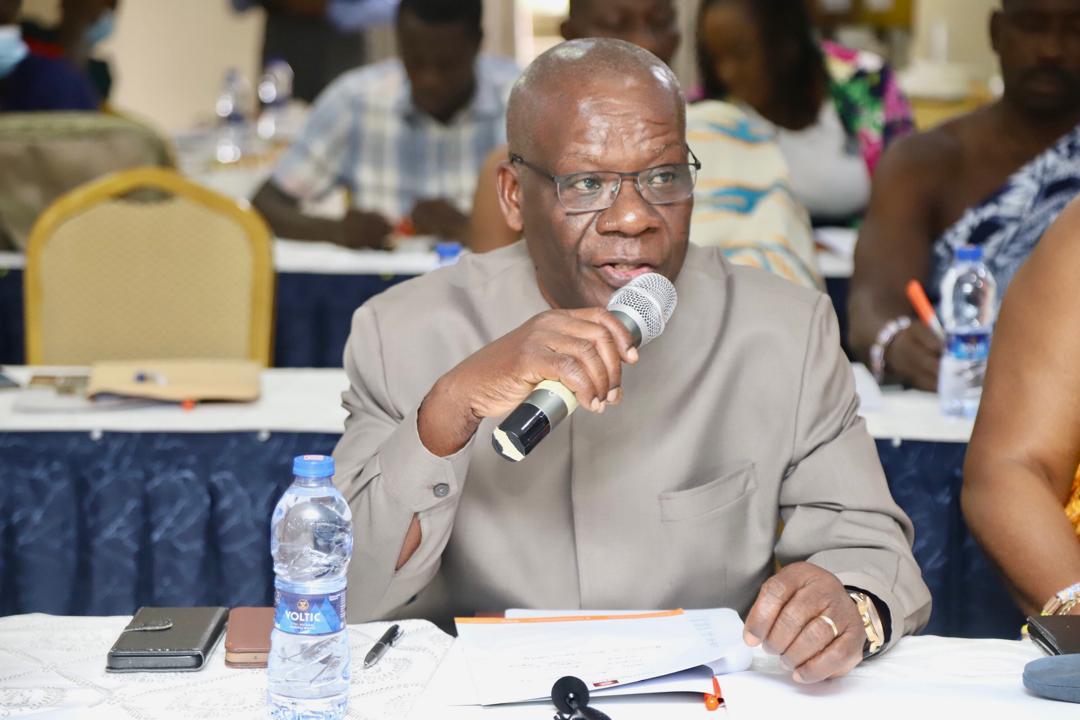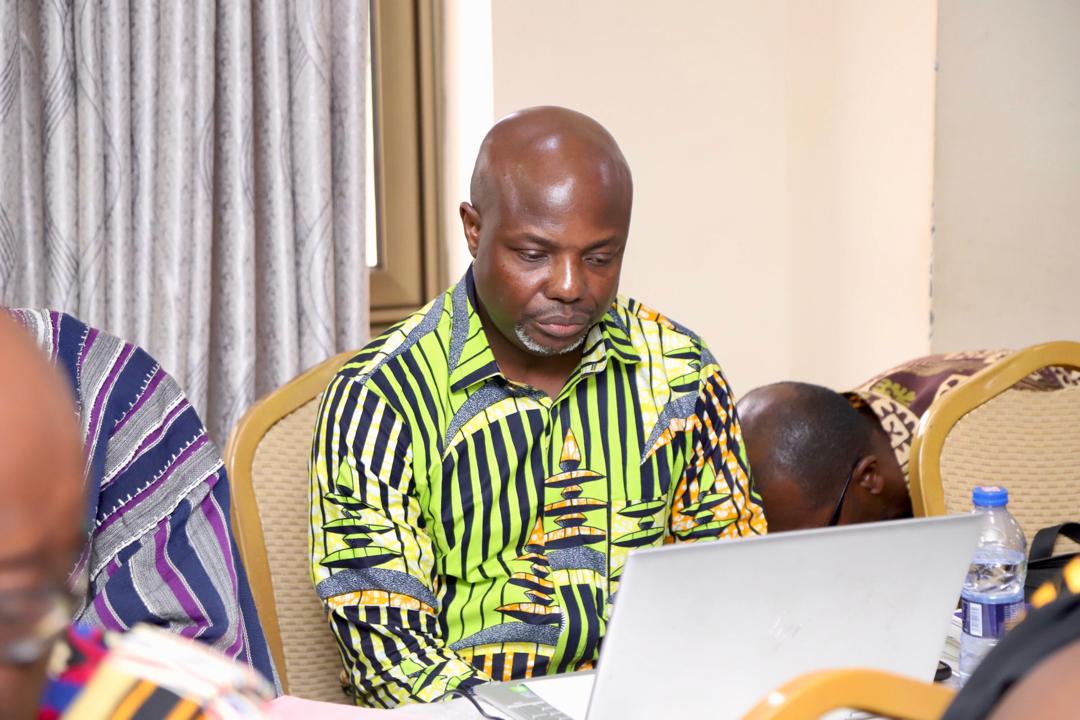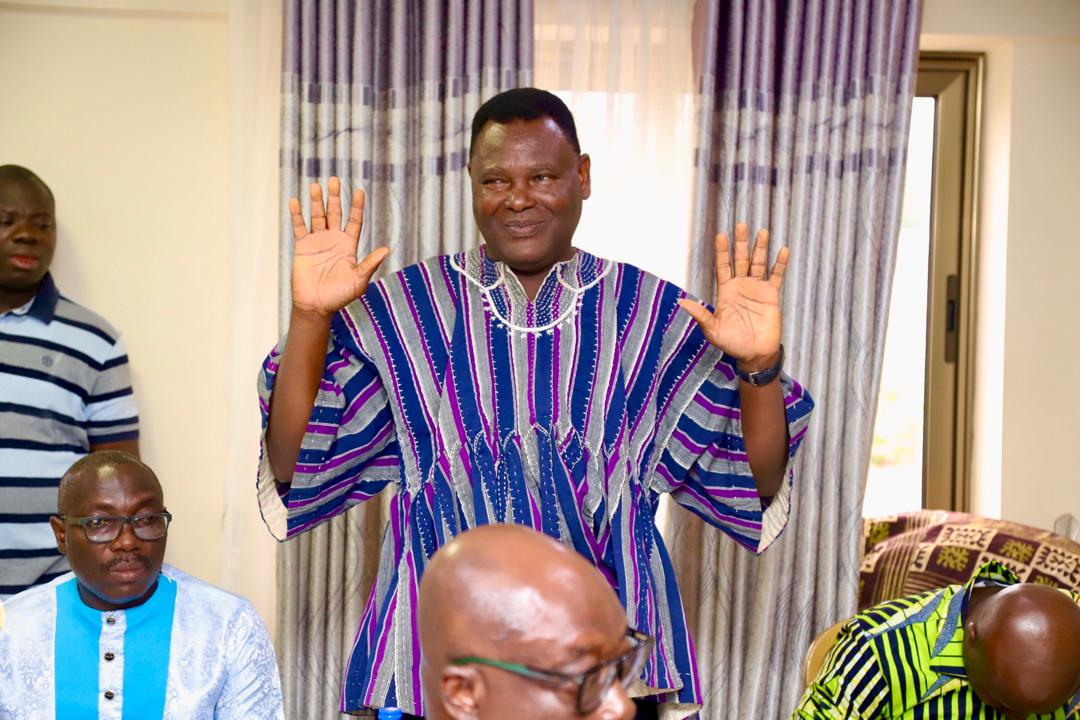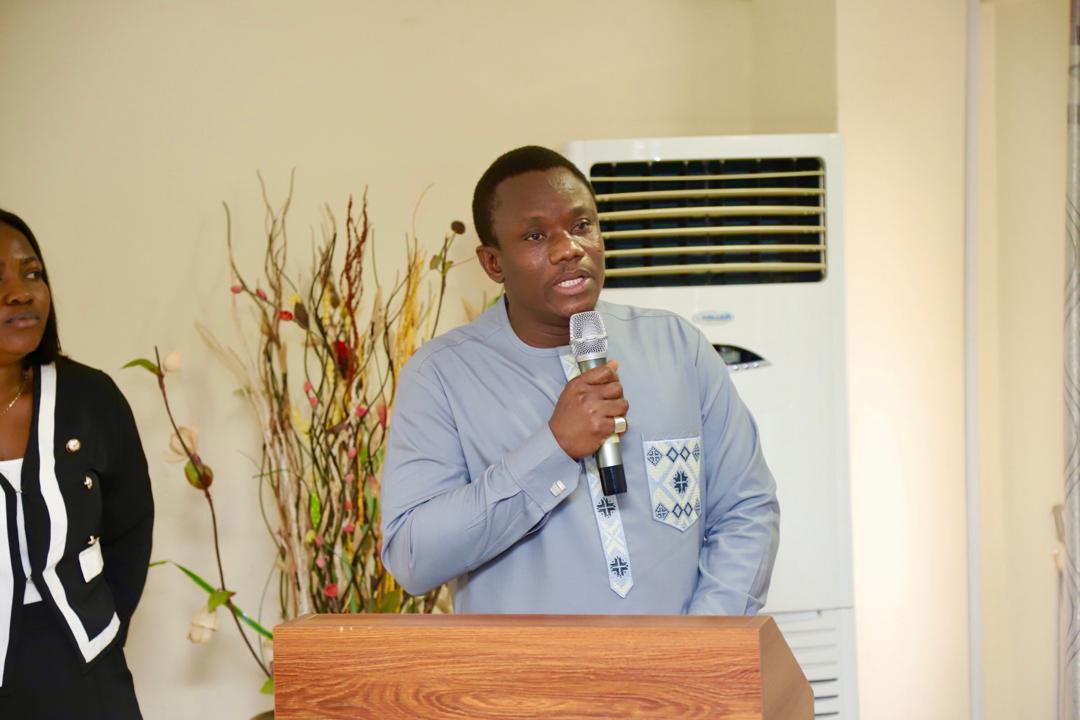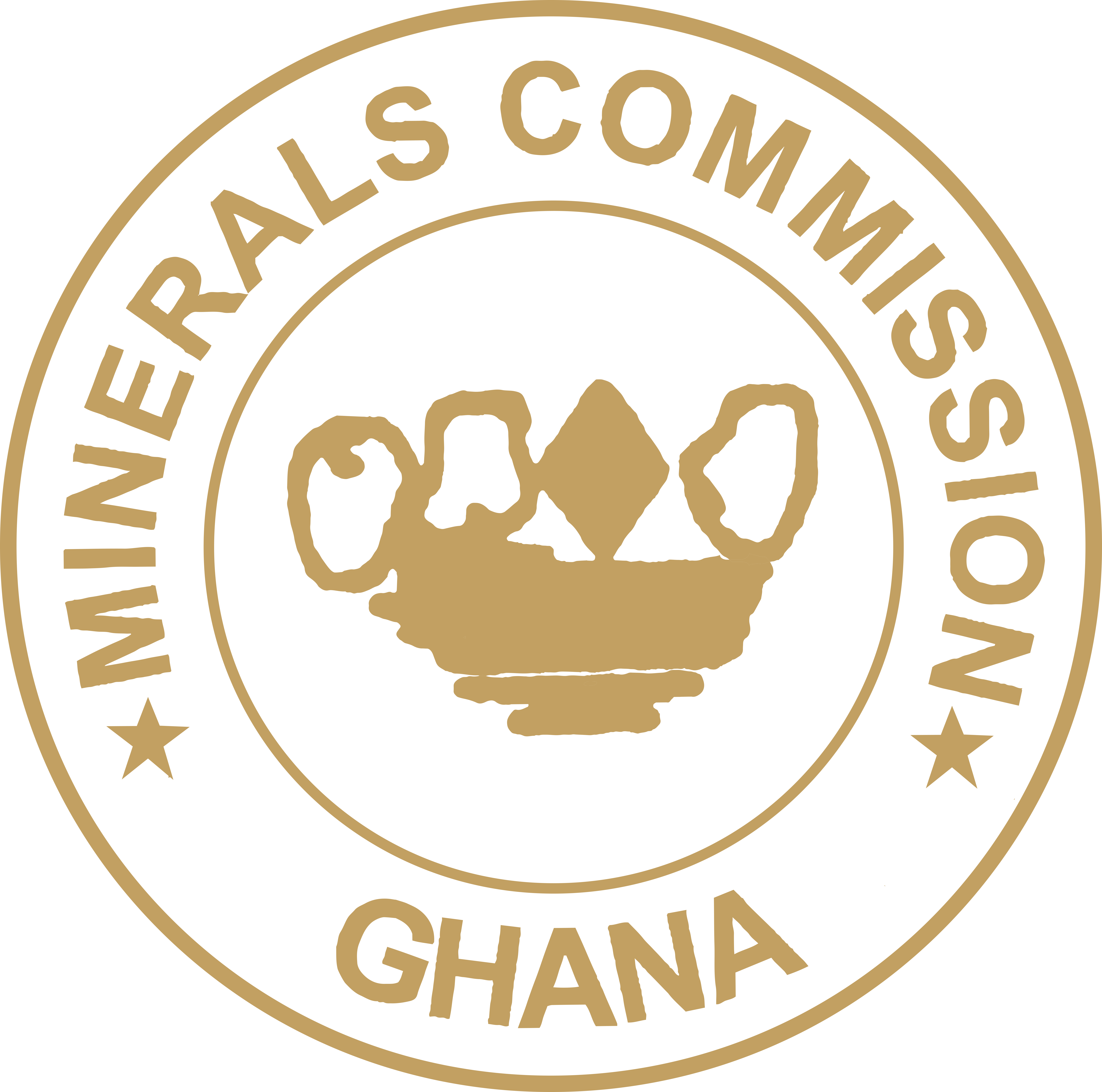Minerals Commission Urges Deeper Collaboration with Chiefs on Mining Law Review
The Minerals Commission’s Board Chairman, Mr. William Ntow Boahene (Esq), has underscored the importance of collaborating with the Eastern Regional House of Chiefs to tap into their collective expertise and insights on the Minerals and Mining Law Act 2006 (Act 703) and its amendments, which have been in effect since 2006.
He called for a more transparent process, ensuring traditional leaders are involved at every stage of the lease acquisition. Mr. Boahene emphasized the need for long-term stewardship and collaborative efforts to protect the environment and preserve natural resources for future generations. Meaningful consultation with mining communities is a crucial aspect of mineral licensing. He stressed the importance of engaging landowners throughout the process.
He reiterated the need to engage with the Chiefs, as custodians of the land, to garner their invaluable input. This consultation is crucial before we finalize our report for submission to Cabinet and subsequently to Parliament, he remarked.
Madam Evelyn Korang, Honorable Council of State member from the Eastern Region also joined the gathering in reviewing the mining policy and legal frameworks. She noted that the stakeholder engagement, especially with traditional authorities and community leaders, is crucial. Their insights help craft policies and laws grounded in our people’s realities. Chiefs, as land custodians, play a vital role in shaping legal instruments for natural resource utilization and protection. She stated that effective governance relies on active participation from those we serve.
Madam Korang emphasised that the current mining legislation was visionary, but today’s challenges – environmental degradation, water pollution, and illegal mining – require a thorough reexamination. Inaction would jeopardize future generations’ prospects. This review must be bold and forward-thinking, addressing loopholes, promoting responsible mining, safeguarding the environment, empowering local communities, and supporting chiefs’ roles in land management. The Council of State will carefully consider these views when formally presented before being tabled in Parliament.
Nene Sakite II, representing the Eastern Regional House of Chiefs, emphasized the importance of engaging traditional councils from the outset of the mining process. He noted that current practices often involve superficial interactions, lacking transparency and accountability.
To effectively address issues like illegal mining (galamsey), it’s crucial to involve Chiefs and local communities meaningfully. He suggested reserving specific areas for indigenous people and reviewing the royalty formula to ensure fair compensation. The Chief expressed appreciation for the engagement and promised to share detailed feedback, highlighting the need for continued collaboration as major stakeholders.
Mr. Benjamin Aryee, former CEO of the Minerals Commission and advisor to the Minister, delivered an insightful address, leveraging his extensive expertise to enrich the discussion and inform stakeholders.
Furthermore, Mr. Josef Iroko, representing the CEO of Minerals Commission, provided expert analysis, underscoring the critical need for robust monitoring and enforcement frameworks to curb illegal mining and ensure adherence to regulatory standards.
The Commission acknowledges this imperative and is committed to conducting effective consultations. As industry standards continue to evolve, we recognize the need to stay ahead. While we reap economic benefits from mineral extraction, we also recognise that the environmental and social impacts will outlast us, underscoring the importance of responsible practices.
END.
